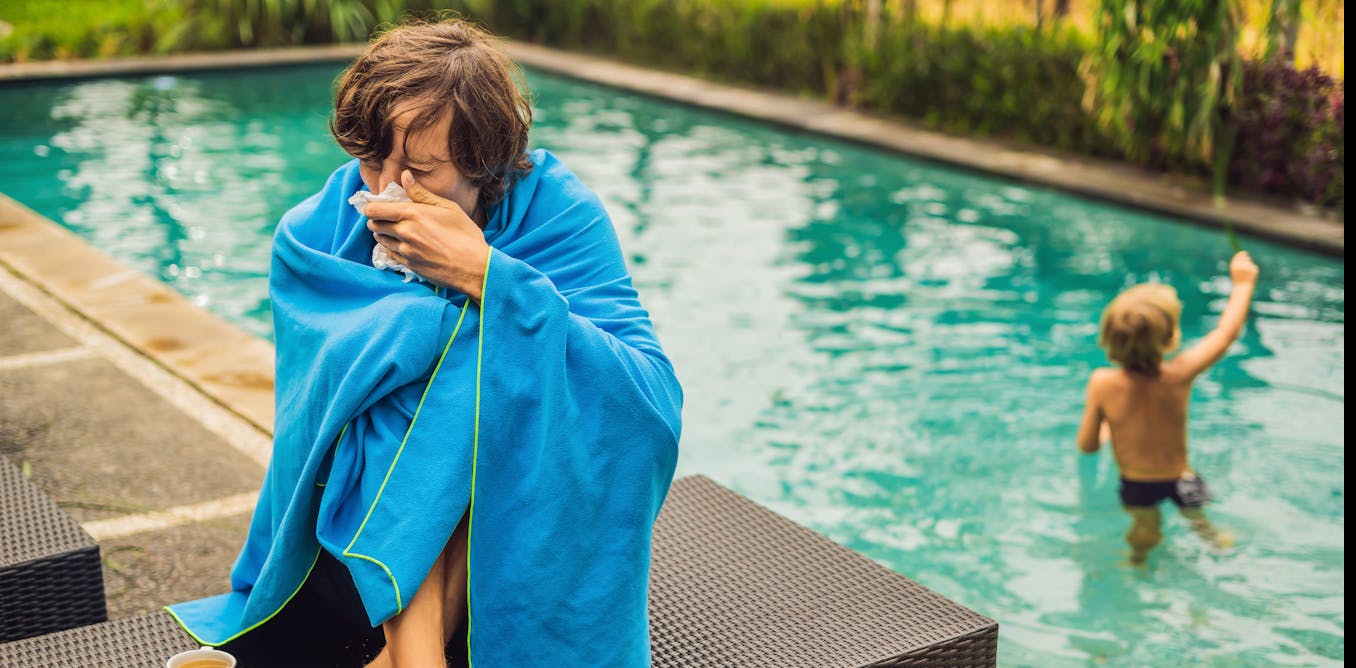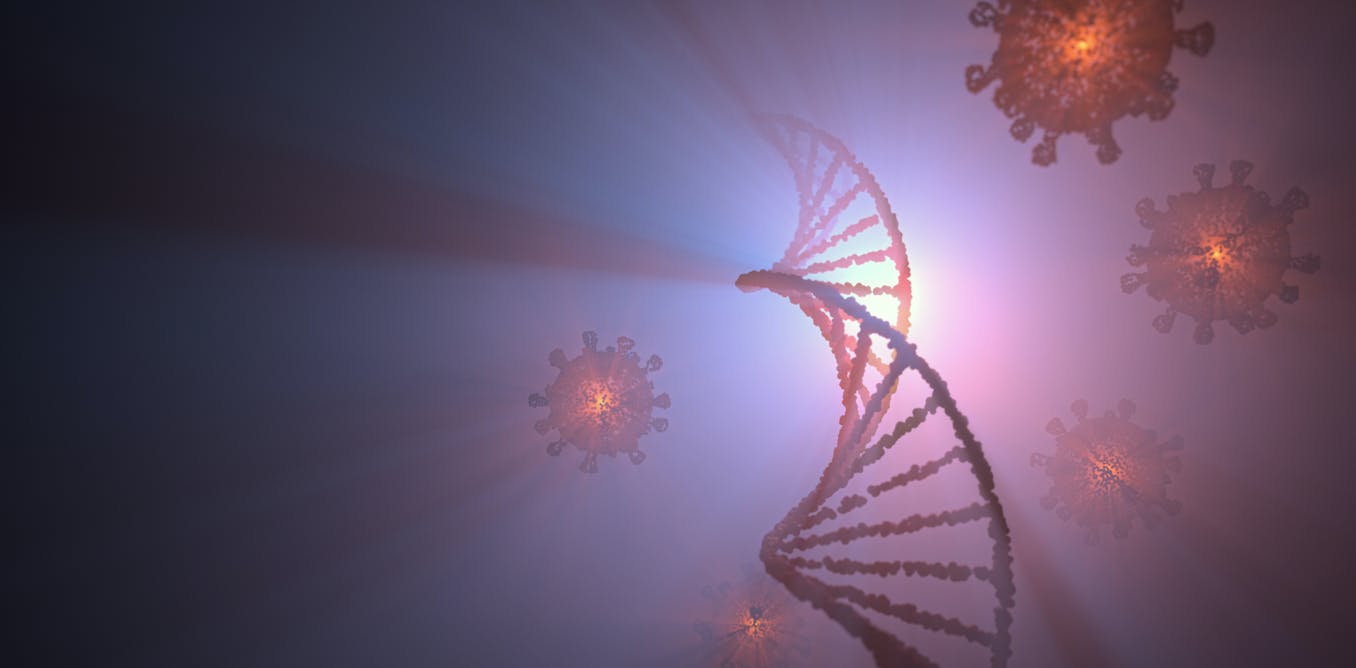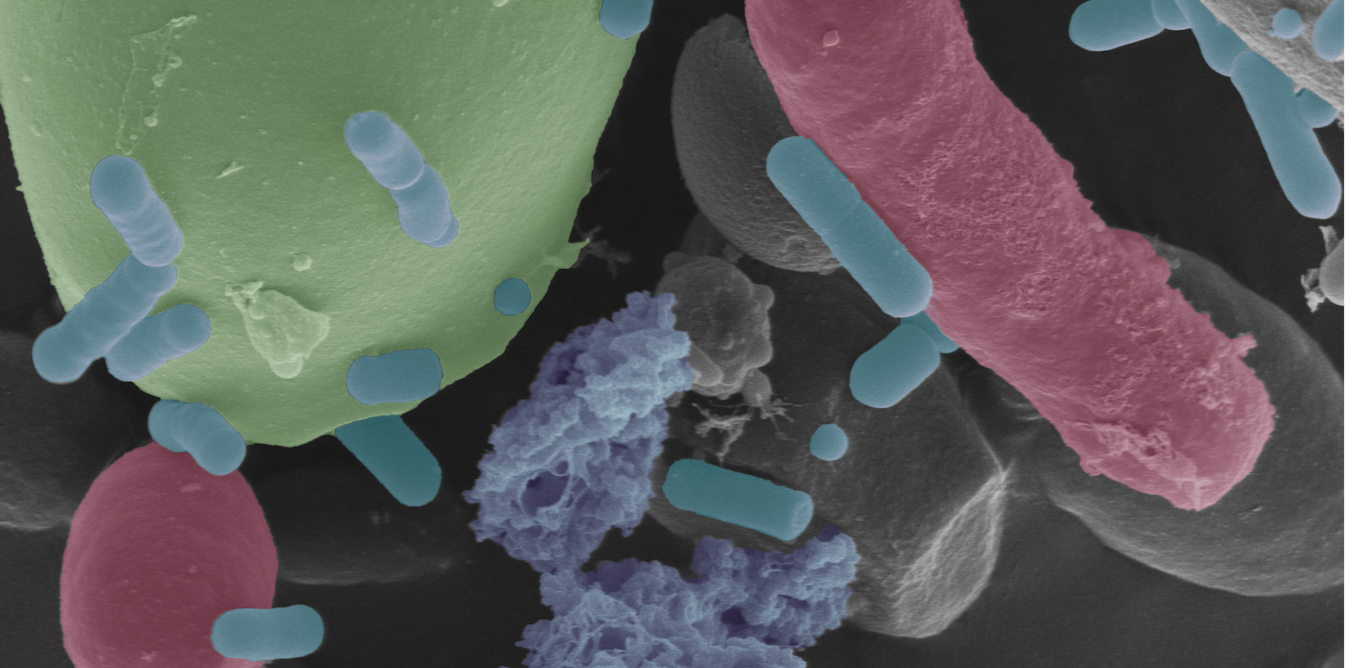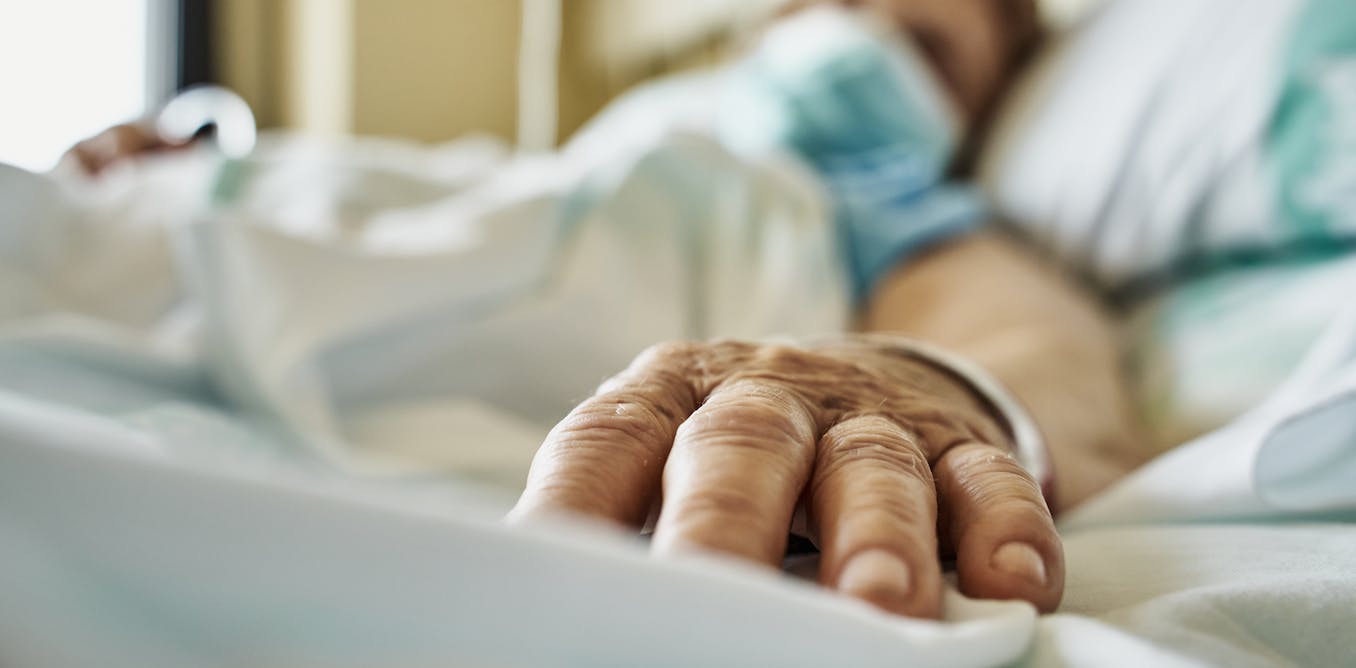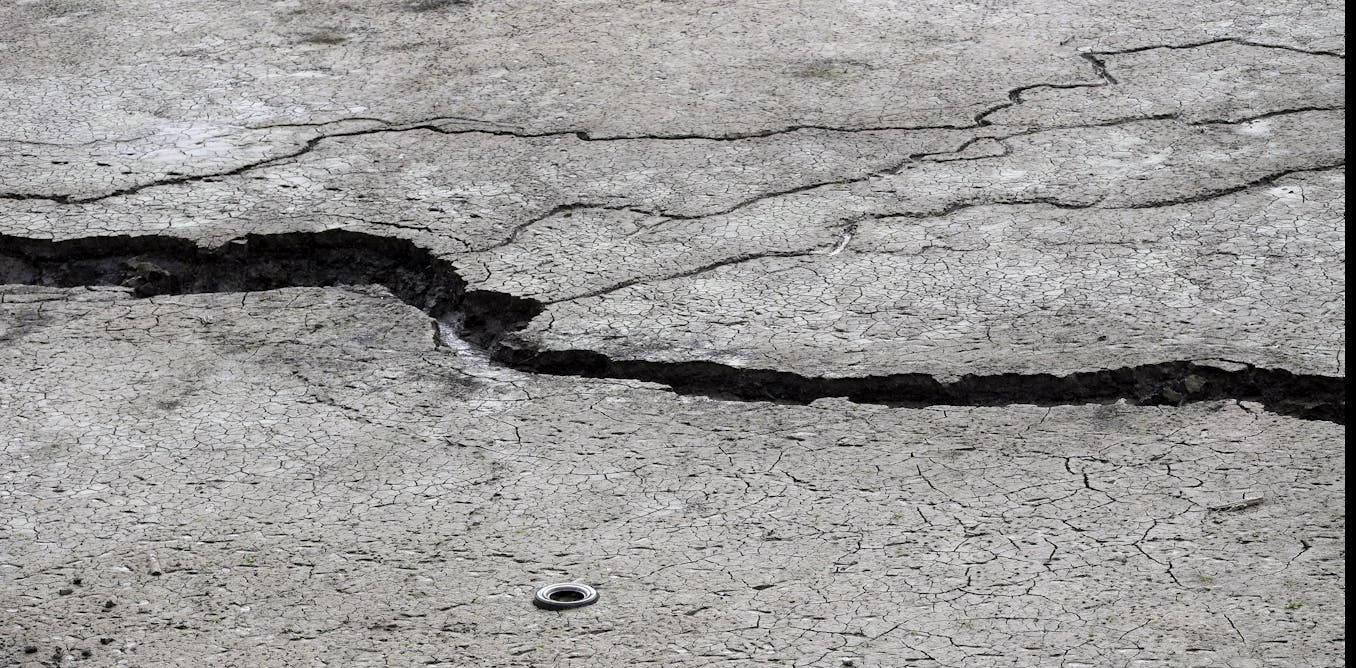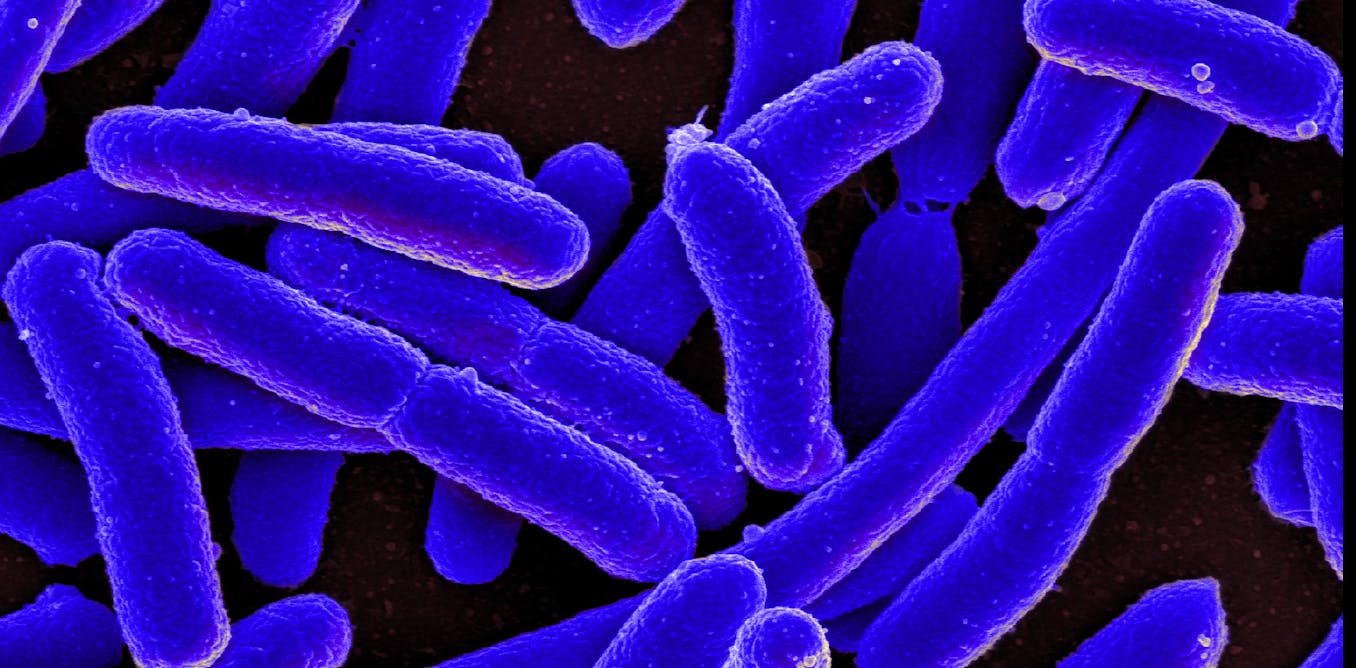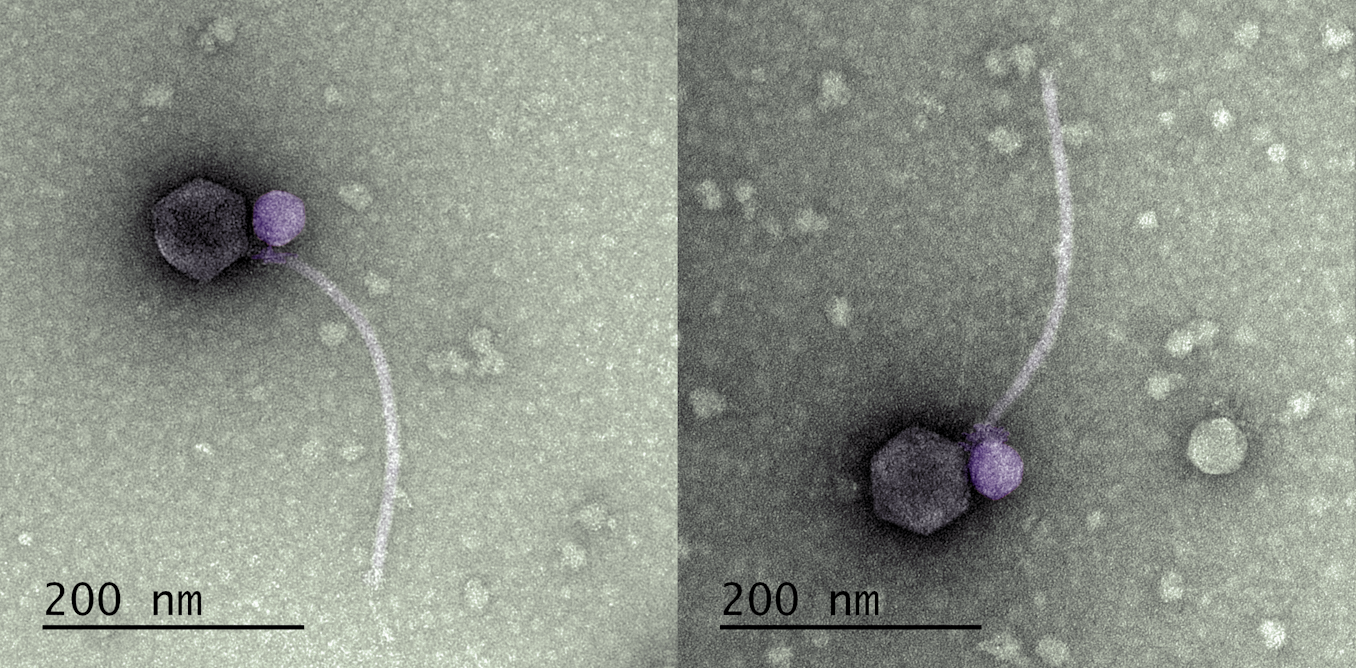Summertime can be germy: A microbiologist explains how to avoid getting sick at the barbecue, in the pool or on the trail
Common summer activities can expose you to a host of infectious diseases. But there are simple steps you can take to protect yourself from pathogens ranging from E. coli to T. gondii.
June 11, 2024 • ~8 min

